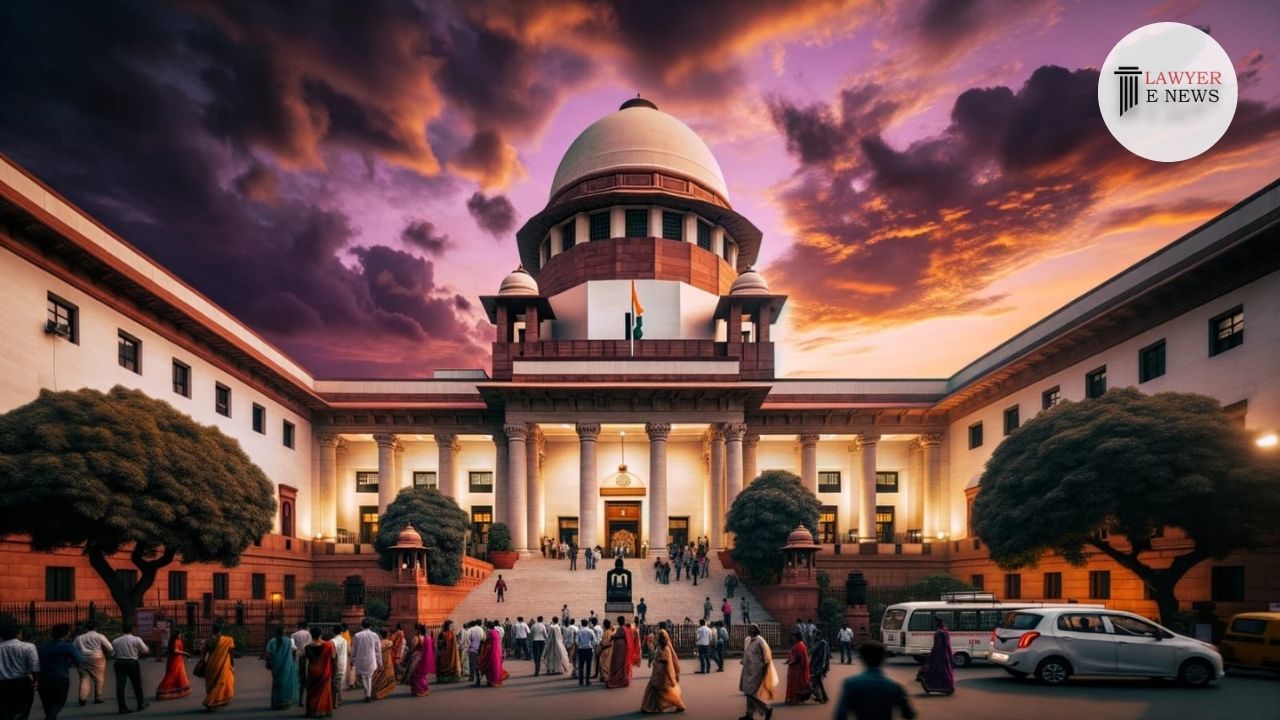-
by sayum
14 February 2026 2:22 PM



High Court's refusal to quash criminal complaint overturned, emphasizing the importance of honoring settlements in legal disputes.
The Supreme Court of India, in a landmark judgment, has quashed criminal proceedings initiated by Ganesh Kumar Agiwal against trustees of the Sardar Bahadur Sir Inder Singh (Personal Estate) Trust. The decision, delivered by a bench comprising Justices Abhay S. Oka and Ujjal Bhuyan, underscored the significance of settlement agreements in resolving disputes and preventing the misuse of legal processes.
The appellants, Sardar Ravi Inder Singh and another trustee, had entered into two agreements for the sale of trust properties with Ganesh Kumar Agiwal and his brother Uma Shankar Agiwal. Following a payment of Rs. 28,01,000/- as earnest money, the Agiwals filed a suit for specific performance in 2005. Uma Shankar later sought to withdraw the suit, claiming all dues were settled, which led to the dismissal of the suit in 2008. However, Ganesh Kumar Agiwal filed a criminal complaint alleging fraud and conspiracy.
The Supreme Court highlighted that the second respondent, Ganesh Kumar Agiwal, had filed an application to withdraw the specific performance suit, acknowledging an out-of-court settlement. The bench emphasized, “When the second respondent stated that he would not lay any claim in any manner whatsoever over the suit properties, he gave up his claim under the agreements dated 29th January 2001.”
Addressing the criminal complaints, the Court observed that continuing with the criminal proceedings post-settlement constituted an abuse of the legal process. The judgment noted, “As the second respondent had given up his rights under the agreements, it is crystal clear that continuing the complaint would be nothing but an abuse of the process of law.”
The Court reiterated the principle that substantive petitions under Article 226 of the Constitution could quash complaints if continuing them would abuse legal processes. The High Court erred in dismissing the appellants' plea based on Section 362 of the Cr.PC, which restricts altering judgments post-final order. The Supreme Court clarified that this section was misapplied, as the appellants' primary prayer was to quash the complaint, not to alter the judgment.
Justice Abhay S. Oka remarked, “The second respondent never disputed the correctness of the application dated 11th November 2008, and the order passed permitting the withdrawal of the suit. Therefore, the continuation of the criminal complaint is clearly an abuse of the process of law.”
The Supreme Court’s decision to quash the criminal proceedings against the trustees of the Sardar Bahadur Sir Inder Singh (Personal Estate) Trust underscores the judiciary's commitment to upholding justice and preventing the misuse of legal processes. By affirming the validity of settlements, the judgment sends a strong message about the finality and sanctity of out-of-court agreements in resolving disputes.
Date of Decision: July 08, 2024
Sardar Ravi Inder Singh & Anr. v. State of Jharkhand & Anr.
